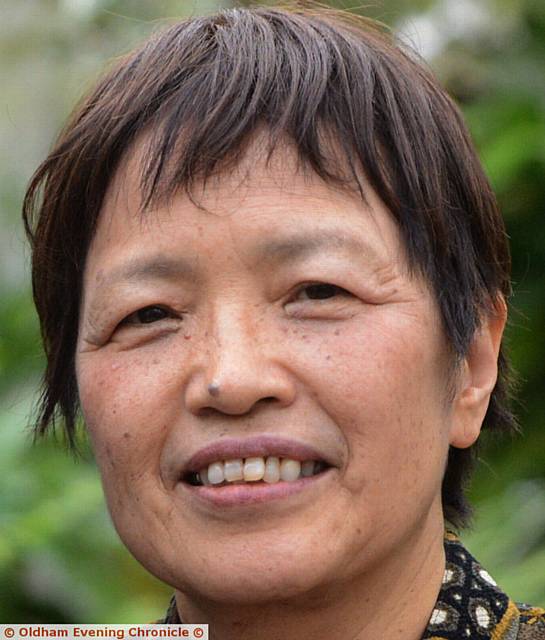Hiroshima - Survivor's Story: The mental scars will never heal
Reporter: Jacob Metcalf
Date published: 05 April 2017

MIDORI YAMADA
MIDORI Yamada is a second generation Hibakusha, whose father and two brothers experienced the atomic bombing along with many of her elder cousins who fell victim to it.
She was born in Ono-cho in Hiroshima Prefecture in 1949 and describes how the scars of the atomic bomb remain deep inside the minds of the people of the towns.
Her father, who was a deputy mayor of Ono-cho Town, joined the rescue corps and went back and forth between home and Hiroshima City for several days. From day one, he was exposed to the A-bomb residual radiation.
His concern grew about possible radiation effects on Midori and he would blame himself for having been in Hiroshima whenever she fell ill. This was exacerbated when Midori suffered from breast cancer when she was 34.
Midori's brother was a 13-year-old attending middle school in Hiroshima City when the bomb was dropped. On August 6, he and his classmates were mobilised to work on house demolition making firebreaks on a street close to 'ground zero'. The students had just started work when the bomb was dropped at 8.15am.
Midori's brother was trapped under a fallen building. Surrounded by a sea of flames quickly approaching, they desperately called out for help to people running for their lives.One soldier stopped to help.
Midori's brother struggled free, but most of his classmates were consumed by the raging flame - something which would torment to him the rest of his life.
When he got home, he was nearly unrecognisable, with his face black with soot and swollen like a balloon. Midori said he fell into a deep sleep, hovering between life and death for three months before coming round, but the scar engraved on his mind did not heal.
Midori's eldest brother, who was in Hiroshima at 16, still refuses to acknowledge the fact that he is a Hibakusha and rejects everything that happened.
Midori said: "My brothers are not the only ones. Working as a counsellor in the Tokyo Federation of A-bomb Survivors Organisations, I have met with many Hibakusha who are still suffering from illnesses, and also many second generation Hibakusha who live with constant fear over the possible effects of their parents' A-bomb exposure on their own health.
"The damage and after-effects caused by the atomic bombs are not limited to what happened around August 6 in Hiroshima and August 9 in Nagasaki. They continue to threaten the survivors' physical and living conditions deeply in different forms.
"Nuclear weapons not only harm people's bodies but also deeply harm their minds even 70 years since their use. These weapons must be abolished urgently."
Most Viewed News Stories
- 1The Oldhamers handed awards in King’s New Year’s Honours List
- 2Oldham slammed over ‘shameful’ deprivation statistics
- 3‘Magnet for fly-tipping’ leaves residents disgusted
- 4Karen's walk to Hartshead Pike proves to be a load of rubbish
- 5Homeowner ordered to remove ‘harmful’ windows on Grade II-listed building




